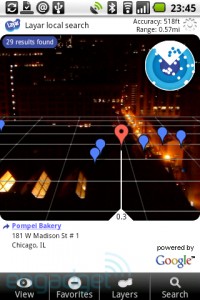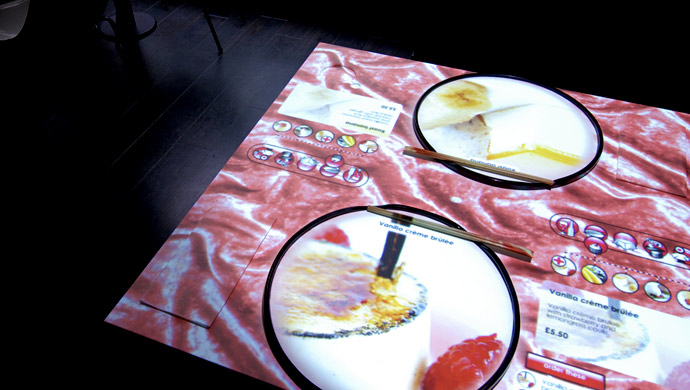Well we have started the first Intensity Challenge experiment for the Humanities Computing MA students and selected Computing Science graduate students. The idea of the challenge is that, working in teams, they have a week to to a challenge project. This year’s project is to develop an Alternate Reality Game. Next Tuesday we all gather and the teams present their games, designs, or whatever they do for this challenge. Let the team with the most points win!
The point of the challenge is to give incoming students an immediate experience of how different humanities computing is here – to orient them to doing team projects with multiple components using the resources at hand. Here is the FAQ from our instructions:
Do I have to be good at something to participate? Absolutely not, but you need to be willing to try. One of the goals of this is to help you figure out what you want to learn and how to learn with others.
Will you tell us what to do? Absolutely not! You are a graduate student. Figure out what you want to do and how to do it. At the end we will tell you how we would have done things, if you ask us. There will, however, be times when you can meet with people on campus who can help you.
I will need to go to a class during the week – is that OK? Of course, work it out with your team. Managing the time of team members with differing commitments is a real challenge, and a skill we all need to improve.
I think this is neat, but have to work during that week. Can I audit? No, this isn’t for credit so there is no such thing as auditing. You participate or you don’t. The key is how you communicate the work you have to the team. Ask a team if they will include you. It is up to them.
I have a friend who wants to do the music for this, but she isn’t a graduate student. Can others help out? Of course. Like any real project, the more you can involve the right people the better. Just don’t exploit anybody.
How much do we have to write up? That’s something you have to work out. A Design Document can take different forms, but there are faculty members with this sort of expertise. Track them down!!! We will tell you some of the things you should include, but part of the project is figuring out its scope.
What do I present at the end? Present your game. Be creative. Perhaps answer some of the questions we asked at the end of page 1. Make sure you know how to present in the HuCo lab (Old Arts 112). If you don’t know how presentations are structured, then ask around.
Does the game have to be fun? Depends on your objectives. Is it a Serious Game? Is it a “game” at all? You might want to discuss “games” with your team. Perhaps your team could answer this question with a game.
Can we cheat? Sure, if you can figure out what cheating is. That doesn’t mean we will be impressed. What you shouldn’t do is anything illegal, unethical, dangerous, or academically dishonest (don’t plagiarize.)
Is this experience a game? Not really, it is designed to give you experience running a project all the way from conception to delivery, even if incomplete. This experience will inform the more detailed discussions in the courses ahead. On the other hand, there might be some playful aspects, and we might throw in a few curves as the week progresses.




